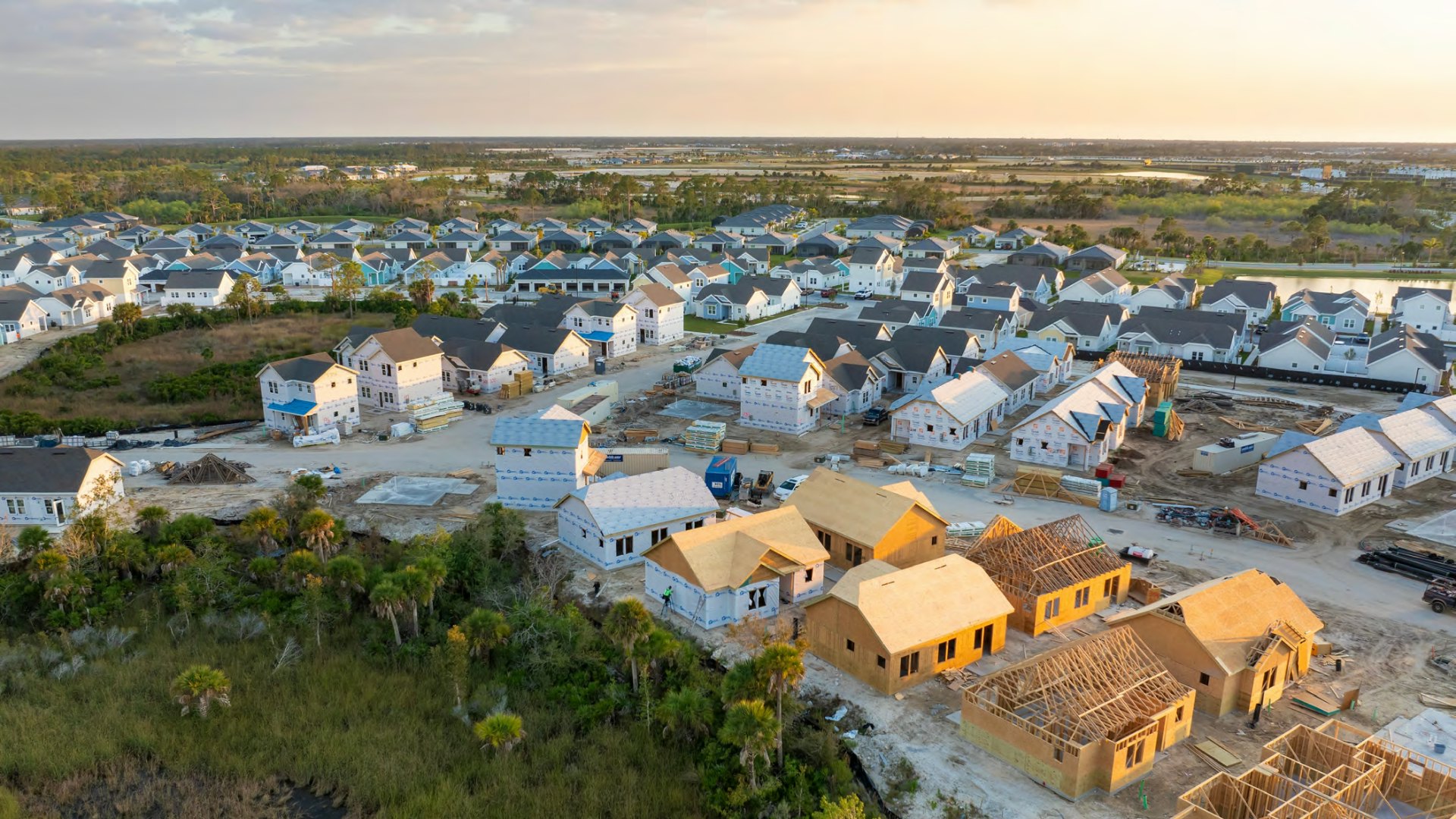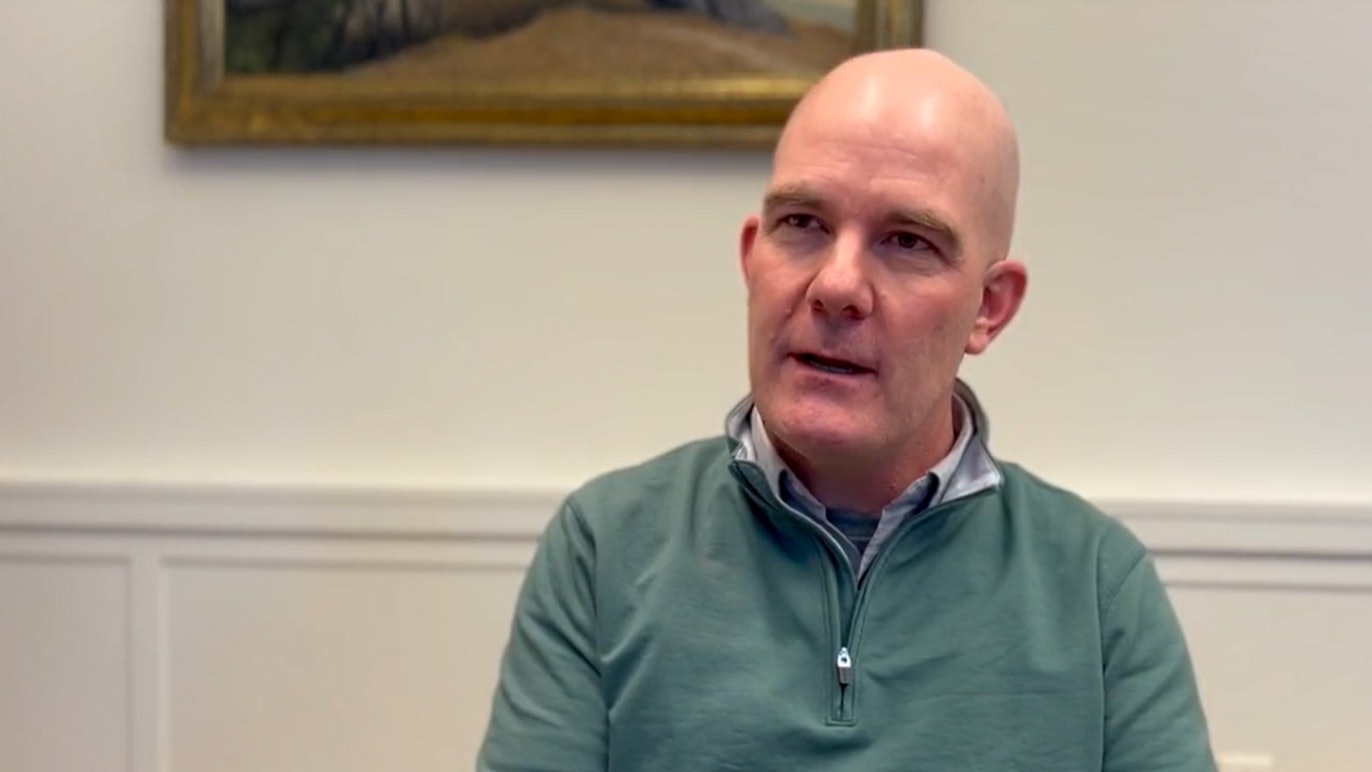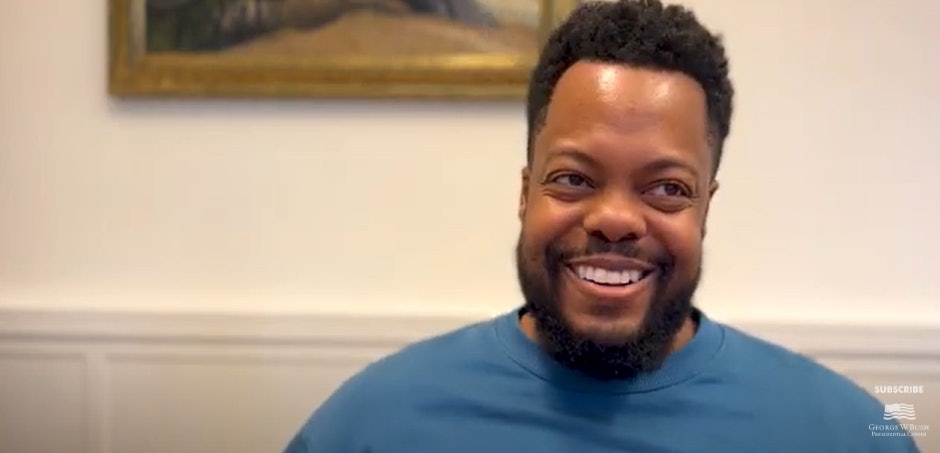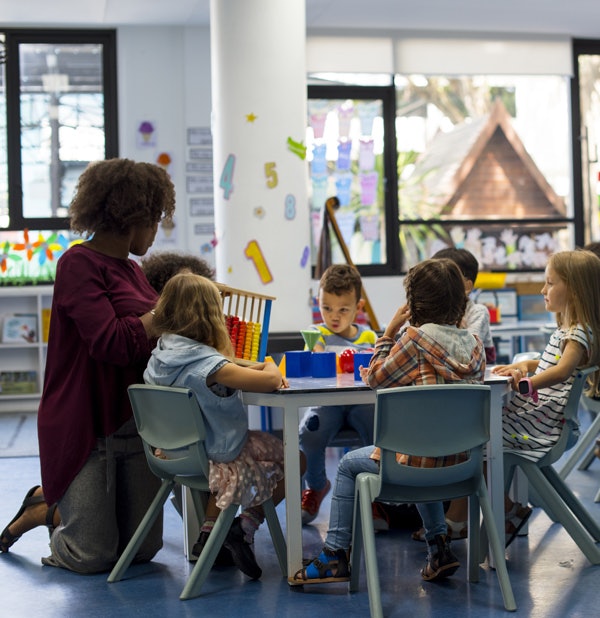Desiree Holley, 2023 Stand-To Veteran Leadership Program Scholar and Chief Operating Officer at Operation Healing Forces, shares her work serving the Special Operations Forces community and the turning point she experienced in the Veteran Leadership Program.
Please tell us a little bit about yourself and your personal leadership project.
I was born on Eglin Air Force Base in Florida to two airmen parents. My mom was a career airman and recently retired as a physician assistant with the VA hospital in Tampa, Florida. I’m an only child and have always been very close to both my parents. Despite being an Air Force kid, we were lucky to spend time in Texas, Florida, and Mississippi. I met my husband, Doyce, during our time at Keesler Air Force Base in Mississippi, and we’ve been together since our sophomore year of high school. We have two beautiful kiddos, Dylan and Adriana, and made our house a home with a fluffy golden retriever, two cats, and a couple of fish my daughter won at the fair.
After college (Go Gators!), I moved back to Tampa and applied to be a defense contractor at the United States Special Operations Command’s (SOCOM’s) Warrior Care Program. For eight years, I was half of the community outreach team and really built a benevolence program that bridged the gap between nonprofits and VSOs and active duty wounded, ill, and injured servicemembers and their families. I left the Warrior Care Program in 2016 and joined the Operation Healing Forces (OHF) team. What started off as a small organization committed to the Special Operations Forces (SOF) community has grown significantly in the last few years. Since our inception, OHF has conducted 293 couples retreats, 17 caregiver retreats, and over 2,100 requests for crisis or benevolence support for Special Operations servicemembers, veterans, or their family members.
My personal leadership project (PLP) was focused on improving our caregiver retreats so that we had something to offer these individuals after the retreat. We understood that they needed a break and a minute to breathe, but what could we do to that would stop them from going home and needing another break in a month? My PLP evolved into providing a tangible resource for caregivers to find purpose. Many of them needed financial assistance to afford respite care, some needed educational resources or funding to return to school, and others needed access to career opportunities that were possible while also being a caregiver. Finding fulfillment is what it really boiled down to for so many of them. OHF is hoping to pilot the program on this year’s caregiver retreats. It’s a natural move for us since we would just be partnering with our additional resource program to make it happen.
Please give us an update on what you have been working on since completing the Stand-To Veteran Leadership Program.
Programming at OHF has grown so much over the last year, and we’ve really spent some time building our programs up and trying to create a foundation that will allow them to continue to grow while still being sustainable. We completed a program evaluation last year, and our team has really spent some time trying to put some important key recommendations from that evaluation into place. We try to be good stewards of every donor dollar, and that means that sometimes you must really look at programs and decide if they are making an impact on the community you’re trying to serve. That can be tough for all involved, but we’ve set up some amazing evaluation tools, made improvements to processes and tracking, added team members to help make this possible, and really put our ears to the ground with our alumni. Over 1,192 couples have been on our retreats and are now alumni. Listening to them and understanding their needs now, and not 10 years ago, is going to continue to be the key in growing the right way and not growing for the sake of growing.
Which lessons learned during the Veteran Leadership Program have stayed with you the most, and how have you put those lessons into action?
Honestly, communication and reflection tools were so incredibly helpful for me. We get so busy, and being able to have some time to stop, think, and write it down every month really helped direct me for the coming year. I remember early on our facilitator Todd Connor asked us something about the advice and guidance we’d give to our successor. What I wrote down and the discussion with my table after was really a turning point for me.
Any time you are passionate and become somewhat of a subject matter expert in your field, there’s room for stagnation. Each month that we met for the Veteran Leadership Program was another opportunity to learn from the people at the front of the room AND the people in the room. I’m still learning from the exchanges in our cohort’s WhatsApp group. Having this group as a sounding board and a go-to for advice has been my biggest takeaway.
Discuss your new role as Chief Operating Officer at Operation Healing Forces. What drives your passion for your work serving Special Operations Forces families?
I’m so excited for this new role at OHF and what I can bring to the team. We really have the hardest working team, and I always do my best work when I can be behind the scenes supporting them in their efforts – whether it’s the program staff, fundraising team, or our leadership and board. My role has shifted in the last eight years, and having the historical background combined with my desire to change for better will hopefully help me continue to grow with OHF and the programs we are able to offer.
You know, I was in my early 20s when I started at the Warrior Care Program. That first year was all about learning acronyms and understanding the force. Special Operations Forces continue to make sacrifices that most people will never see or know. It’s not just the men and women who serve, either, it’s the entire family. It takes a toll on every one of them, and some of those issues are just now rising to the top. The support organizations will need to continue to advocate, create awareness, and be the voice to ensure the services and support they need most are made accessible to them. I think I have a unique background in that I worked with so many organizations while I was at SOCOM that do exceptional work and I have such a respect for them that I can continue partnering and working with them towards our common goals.
How have you seen shared community among Special Operations Forces families and the services OHF provides contribute to healing, resiliency, and continued leadership in SOF transitions?
I know it’s true for any servicemember transitioning, but I especially know what a risky period transition is for SOF families. I think what makes it an even harder event for this subsection of servicemembers is that it’s such a small, tight-knit community, and their identity and purpose are deeply tied to their SOF service. If leaving the service is related to an injury or illness, there’s an additional sense of grief tied to the loss of your plans to serve or commitment to your team or unit. Our programs not only help with the practical and financial aspects of transition – job referral, skill certification, financial planning – but our alumni network is an additional source of support available to transitioning service members and their families. Yes, it’s a new community, but one they can relate to and really feel comfortable using. We’ve known for some time now that peer engagement is shown to help overcome barriers to care-seeking, and the mental and emotional effects of transition are difficult hurdles to overcome. When a SOF servicemember becomes proactive in their own journey, they build resilience, thrive in their new daily lives, and essentially keep serving the SOF community as a source of support to others. Continuing to serve and finding a purpose that is meaningful to them is probably one of the more downplayed aspects of a successful transition.






























